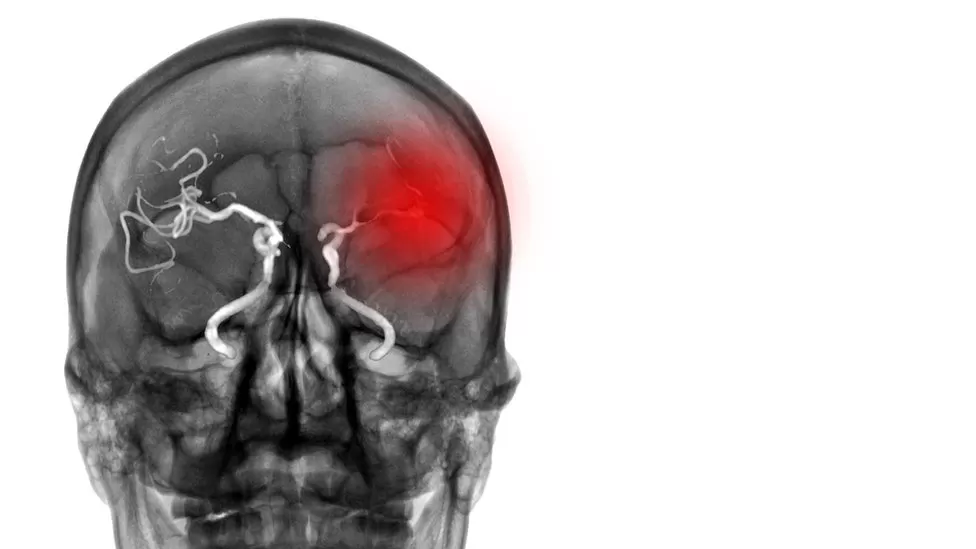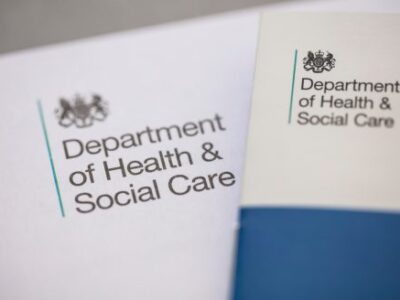People who have had a stroke caused by a blood clot should have a DNA test to see whether they can be given a drug to help prevent more brain attacks, new draft guidelines for the NHS say. Stroke risk increases when someone has had one previously, which is why preventive medication is recommended. But a standard anti-clot drug, clopidogrel, works well for patients with certain genes only. Others need a different protective drug – so the gene check could save lives.
The blood or saliva test is quick and affordable. An estimated one out of every three people – and even more among Asian families – in the UK does not have the enzymes to process clopidogrel, because of their genetic makeup. According to the guidance, from the National Institute for Health and Care Excellence (NICE) for England and Wales, recurrent or repeat strokes make up nearly half of the 100,000 each year in the UK. People who have had a “mini-stroke”, known as a transient ischaemic attack (TIA), also carry a higher risk so should be offered the gene check too, it says.

“Treatment with clopidogrel is effective in preventing further strokes for the majority of people who don’t have the gene variant – but until now, doctors have not known who cannot be treated with clopidogrel until after they’ve had a second stroke or TIA and that could be too late,” Mark Chapman, from NICE, said. “This test ensures we’re getting the best care to people quickly, while at the same time ensuring value for money for the taxpayer.”
Juliet Bouverie from the Stroke Association said: “Stroke devastates lives and leaves people with life-long disability. We know that many stroke survivors spend the rest of their lives fearing another stroke, so it’s great to see that more people could be given appropriate help to significantly cut their risk of recurrent stroke. Anything we can do to prevent the misery that stroke can cause is ultimately good news. Getting on the right medication and taking it as advised can really go far to prevent further strokes.”
The facts about strokes
- People have strokes when the blood supply to part of the brain is cut off, killing brain cells
- Most are caused by clots – but haemorrhagic strokes, due to bleeds in and around the brain, may require different drugs and surgery
- They can cause very serious long-term problems, including difficulties with movement, speech and thinking or memory
- Rehabilitation activities encouraging the brain to make new connections can help recovery
Warning signs of a stroke
Stroke is a medical emergency. The Fast test can help you recognise the most common signs:
- facial weakness – Can the person smile? Has their mouth or eye drooped?
- arm weakness – Can the person raise both arms?
- speech problems – Can the person speak clearly and understand what you say?
- time to call 999, if you see any of these signs
Reduce your risk of stroke by:
- cutting down on alcohol
- stopping smoking
- staying a healthy weight
- eating healthily
- staying physically active
![]()





